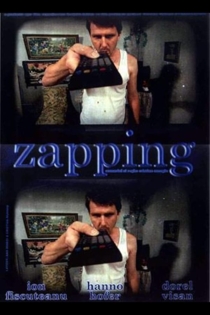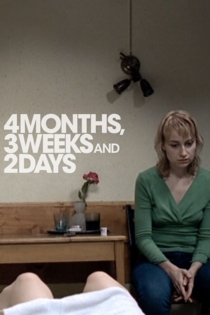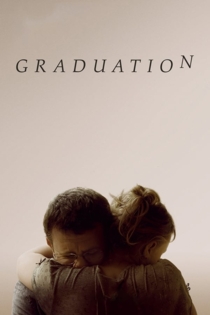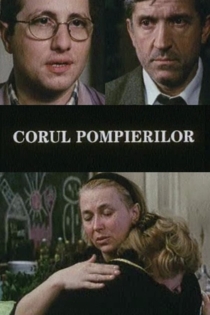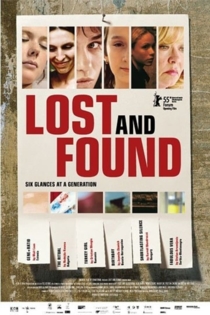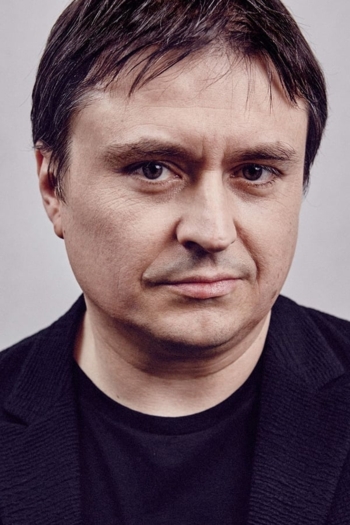
Cristian Mungiu
1968 (57 лет)After studying English literature at the University of Iaşi, he worked for a few years as a teacher and as a journalist. After that, he enrolled at the University of Film in Bucharest to study film directing. After graduating in 1998, Mungiu made several short films. In 2002, he debuted with his first feature film, Occident. Occident enjoyed critical success, winning prizes in several film festivals and being featured in Director’s Fortnight at the 2002 Cannes Film Festival.
In 2007 Mungiu wrote and directed his second feature, 4 Months, 3 Weeks and 2 Days. The film was received enthusiastically, attracting critical praise and being selected in the official competition at the 2007 Cannes Film Festival, where it eventually won the coveted Palme d'Or for feature film, marking the first time that prize was awarded to a Romanian filmmaker.
Mungiu has said that early Miloš Forman and Robert Altman are important filmmakers who influenced him. He also respects the realism of Bicycle Thieves, among other famous realistic films. Mungiu is the brother of political analyst Alina Mungiu-Pippidi.
Description above from the Wikipedia article Cristian Mungiu, licensed under CC-BY-SA, full list of contributors on Wikipedia.
Tales from the Golden Age
Răzvan Marculescu, Constantin Popescu Jr.
Tania Popa, Diana Cavallioti
Tales from the Golden Age is composed of 6 unconventional short stories, each one dealing with the late communist period in Romania, told through its urban myths from the perspective of ordinary people. The title of the film refers to the alluded "Golden Age" of the last 15 years of Ceauşescu's regime.
Tales from the Golden Age
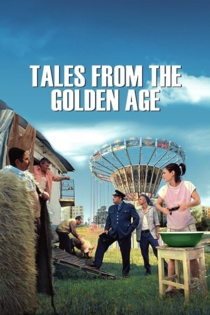
Occident
Cristian Mungiu
Alexandru Papadopol, Anca-Ioana Androne
"Occident" is a bitter comedy about the people who want to emigrate from Romania, and about those who stay behind. The movie has a rich, interesting structure: there are three different stories - a weeklong in the film - that cross, interconnect and happen in the same period. The characters influence each others lives, sometimes even without knowing. Main characters from one story become secondary characters in another story. At the same time, scenes from the first part of the movie bring unexpected facts when seen the second or the third time. The stories do not have just one ending: the first story ends in each of the third parts in a different point, suggesting radically different solutions for the characters. The way in which the director fits time and links events together often produces thematically unexpected results.
Occident
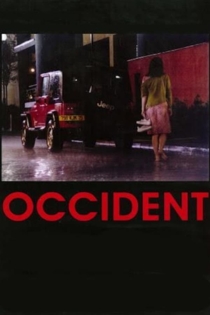
Beyond the Hills
Cristian Mungiu
Cosmina Stratan, Cristina Flutur
A drama centered on the friendship between two young women who grew up in the same orphanage; one has found refuge at a convent in Romania and refuses to leave with her friend, who now lives in Germany.
Beyond the Hills
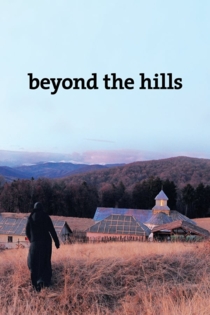
R.M.N.
Cristian Mungiu
Ecaterina Ladin, Cerasela Iosifescu
A few days before Christmas, having quit his job in Germany, Matthias returns to his Transylvanian village. He wishes to involve himself more in the education of his son, Rudi, left for too long in the care of his mother, Ana, and to rid him of the unresolved fears that have gripped him. He’s also eager to see his ex-lover Csilla and preoccupied about his old father, Otto. When a few new workers are hired at the small factory that Csilla manages, the peace of the community is disturbed, underlying fears grip the adults, and frustrations, conflicts and passions erupt through the thin sliver of apparent understanding and calm.
R.M.N.
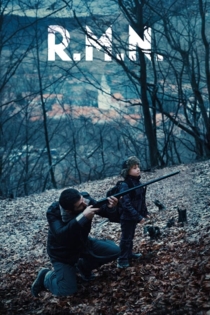
Zapping
Cristian Mungiu
Hanno Höfer, Ioan Fiscuteanu
In a shabby apartment somewhere in Romania, a man obsessively zap between his TV channels despite the wife's complaints and nagging. But where his wife fails, a little man inside the TV will appear and tell Sotul a thing or two about the true mechanics of television zapping...
Zapping
